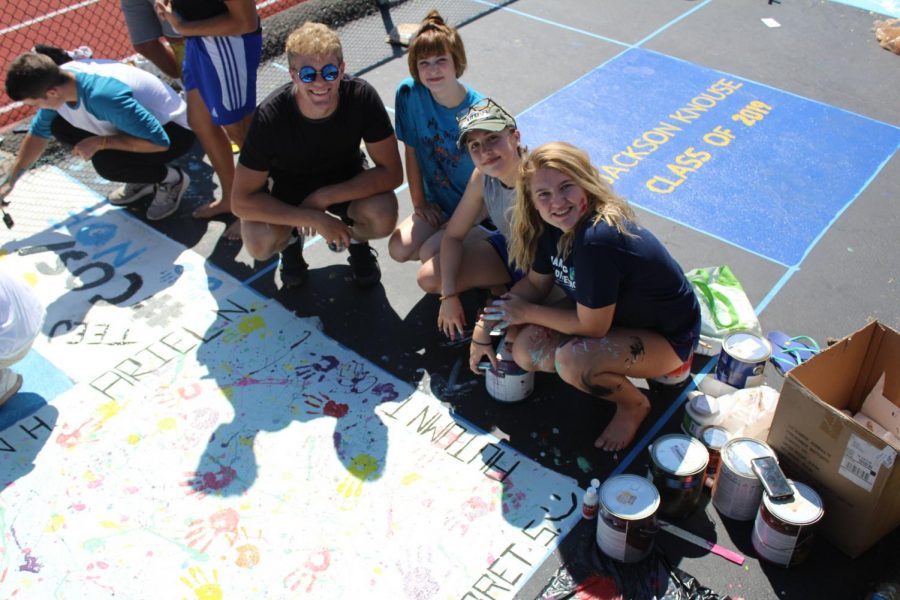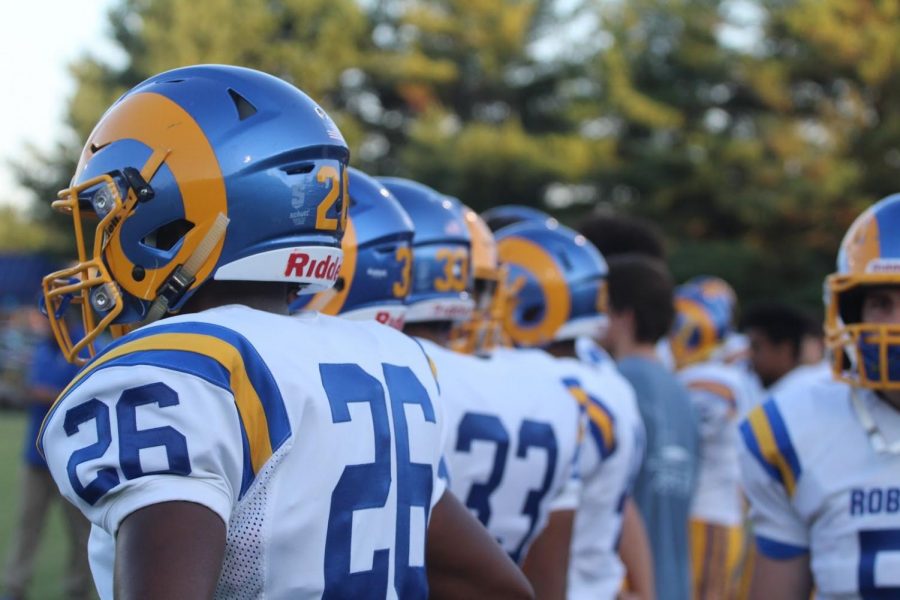From writing notes on the desk to hiding notes under the seat, it’s no secret there are numerous ways to cheat. Some students receive excelling grades for cheating and some other students are not so lucky.
According to the Fairfax County SR&R booklet, if a student is caught cheating, the disciplinary action is left to the discretion of the principal.
Like the numerous ways to cheat, there are numerous consequences. The teacher has input on the form of punishment. Many times, teachers will hold conferences with the student or will give the student a zero. Other forms of punishment range from detention, Saturday schools, AIA, and suspension.
It takes effort to be suspended for cheating. Associate Principal Mike Mukai said the student would have had to be a repeat offender. Mukai said he does not know of any cases where a student has been suspended for cheating.
On the other hand, a case where a student breaks into the system and changes his or her grade would receive a more severe punishment than someone who copied someone else’s paper.
If a student cheats on an IB exam or the SATs, the consequences is just left to be decided on the individual entities, such as college board and IB world, to follow the specific guidelines.
“I think people cheat because they are unprepared…when they are unprepared, they notice that and selfishly try to make up for that,” junior James Lynch said. “It’s unfortunate because they take an advantage of the preparedness of other people.”
English teacher Matthew Connolly said he believes by cheating, the students are only hurting themselves.
“Cheating is not just against society’s rules,” Connolly said. “[Students] never escape [their] own sense of self. If [a student] cheats, it’s a two level deal, they cheat others and they cheat themselves.”
There is a fine line between cheating and collaboration. Some students use the “divide and conquer” method to finish their classwork and homework.
Mukai said “divide and conquering” is not collaborating.
“That’s just sharing the workload,” Mukai said.
Mukai agrees in some cases, it might be appropriate to use the “divide and conquer” method, such as a group project.
Sophomore Jayla Young said she believes students should not be punished for cheating on homework because they are already being punished by not knowing how to solve problems on the test.
“The easiest time to cheat is if there is one right answer,” Mukai said. “So what if we had it when things didn’t have one right answer?”
It would be harder to copy a five paragraph essay than a multiple choice answer.
“I make a very strong effort to try to provide learning environments and testing environments where the student themselves give personal judgments and analysis, where it’s very difficult for them to get the correct answer from somebody else or take some short cut,” Connolly said.
There is a fine line between citing a source for research and copy and pasting the material.
“Sometimes there is a misunderstanding of using information,” Mukai said. “Sometimes I don’t think the intent is to cheat, I think they think it’s researching…but if [students] don’t cite it right, then it could cross the line [of cheating] and I think that’s something we have to work on.”
Plagiarism is another form of cheating.
“I think the cheating part should be a part of the discussion that happens in all of the classes. Each school needs to define their own expectations,” Mukai said. “I’m hoping that the school system, even Robinson, would talk about what we define as expanding knowledge and taking in of information.”
Mukai said he believes there is not a clear definition of cheating and that definition should be established.
On the other hand, Connolly said he believes that the school has a proper set of values.
“I am pretty happy and satisfied with the genuine level of personal effort taken by most of the students at this school,” Connolly said. “I believe that our community does a good job in a very high pressured area instilling proper values in the students.”




